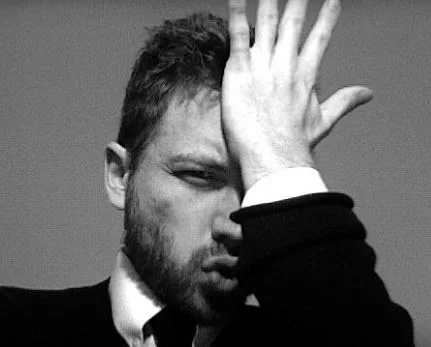AMA: When You Say The Wrong Thing
Question: “What should a person do if they realize they said the ‘wrong thing’ and set someone off?”
Thanks for the question, Anonymous Reader!
It can be easy to accidentally say something triggering to a person with OCD, especially considering people like me can be triggered by something innocuous that comes up in everyday conversation. For example, for many years - and even now, to an extent - I couldn’t handle when people would say that they were sick, especially if they gave details. I could just picture the germs in the air wafting towards me, sucked into my lungs with every breath, as they carried on with their conversation.
The first thing to understand is that you can’t “take back” what you said, even if you qualify your statements with reasons why they might not happen. To use the example of someone saying they threw up last night, saying “I feel a lot better now” doesn’t erase the fact that you were sick and I know about it. Same thing for my post about the bats a few weeks ago - even if my friend said that the incident happened some time ago, it wouldn’t erase that there had been bats in the rafters at some point and there could be one there now. Rather than try to fix the thought, try to fix the aftermath - move from prevention to triage in the moment, and see what your friend needs.
I find it most helpful, if someone knows I’m having an obsessive thought, whether or not they “started it,” to have a distraction. I can use this to crowd out the negative thoughts pouring in and buy myself time to figure out what to do, all the while doing something fun with a friend, which never fails to cheer me up.
Here’s an example where that worked very well: I was at an anime convention with my best friend and their sister and brother-in-law. We ate at a nearby Italian restaurant - my favorite - and a few bites into my meal, I discovered there was meat in my food, and I’d eaten some. As a vegetarian, I firmly believe that eating meat will cause me to throw up, and when my best friend’s sister said it out loud, confirming my thought, I started to cry in the restaurant.
All three of my friends asked me how they could help and what I needed. First, I needed someone to help me deal with the waitress and figure out the bill - in other words, the practical things that fly out of my mind when I’m having a bad moment. They led me back to the convention, and one friend suggested a trivia game that I hadn’t thought of attending, but the start time was soon enough that we would need to get in line - a concrete goal - and then I could distract myself by trying to solve the questions. It wasn’t long until I was laughing at the game - I might not have eaten dinner that night, but when I think back, I have more memories of my friends helping me and the trivia questions than the worry about throwing up.
Also, it’s important to note that you don’t need to beat yourself up over it. Maybe keep your friend’s triggers in mind for future conversations, but a lot of obsessive thoughts come in with no triggers from other people, or things that are so common they’re practically impossible to avoid. Just show them that you care in whatever ways you can, and they’ll trust you to be a friend in both good times and bad.
Readers, what questions do you have about living with OCD? Feel free to send them to No Shame On U and I’ll answer them!
Ellie, a writer new to the Chicago area, was diagnosed with OCD at age 3. She hopes to educate others about her condition and end the stigma against mental illness.


